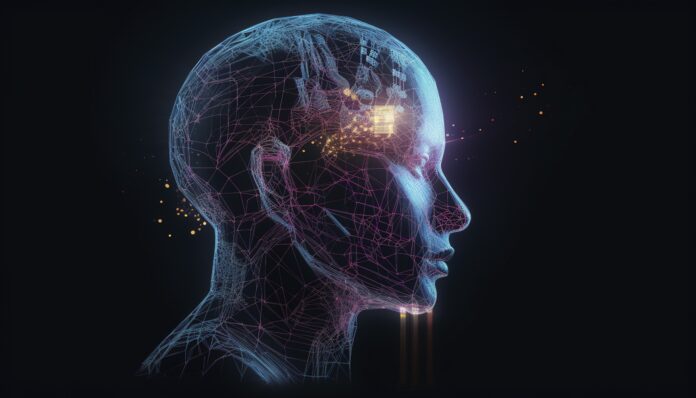Oran Knowlson, a 13-year-old from Somerset, has become the world’s first patient to test an innovative neurostimulator device attached to his skull. This device has dramatically improved his life by reducing his daily seizures by 80%. Diagnosed with Lennox-Gastaut syndrome at the age of three, Oran has endured numerous daily seizures, often losing consciousness and experiencing uncontrollable movements. Severe seizures can even compromise his breathing, necessitating emergency intervention.
In October, Oran underwent surgery at Great Ormond Street Hospital in London to implant the Picostim neurostimulator as part of a clinical trial. This device emits electrical signals deep into the brain to disrupt the abnormal signals that trigger seizures, aiming to stabilize brain activity with a continuous current pulse.
During the operation, two electrodes were positioned in Oran’s brain to reach the thalamus, a critical hub for neural signal transmission. These electrodes connect to the neurostimulator, a small device inserted through a hole in Oran’s skull and secured to the cranium. Unlike older models implanted in the chest, this skull-based placement reduces potential complications.
Justine, Oran’s mother, informed the BBC that Oran’s quality of life has significantly improved since the device’s implantation, and he is much happier. She noted that epilepsy had previously dominated his life, robbing him of his childhood. Despite also having autism and ADHD, epilepsy remains his most significant challenge.
As reported by The Economic Times, this trial is part of the CADET project, which assesses the safety and efficacy of deep brain stimulation for treating severe epilepsy. Lead surgeon Martin Tisdall expressed hope that the study would confirm deep brain stimulation as a viable treatment for severe epilepsy, especially benefiting children. Oran has adapted to the new routine of recharging the device using wireless headphones daily.
Following Oran’s procedure, three more children with Lennox-Gastaut syndrome are slated to receive the deep brain neurostimulator as part of the trial.
























